Search
News & Events
Further evidence of testosterone link to autismA new study from Perth's The Kids for Child Health Research has uncovered more evidence of a link between early testosterone levels and autism.
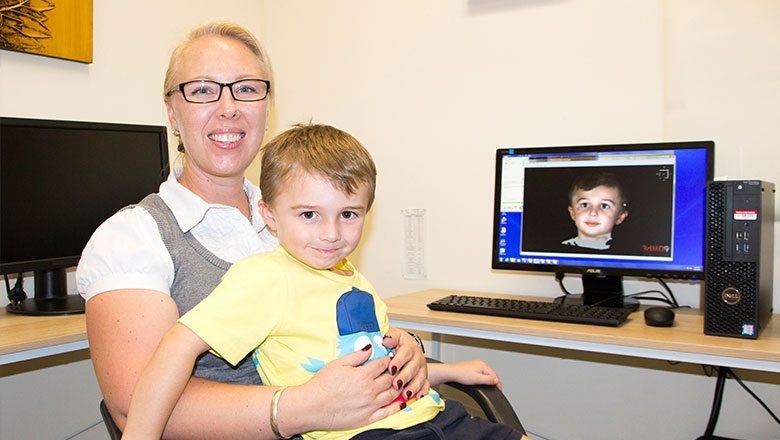
News & Events
3D face scanner could improve early diagnosis for kids with autismCan you see signs of autism in a child's facial features? Telethon Kids researchers have acquired new face scanning technology to help answer this question.
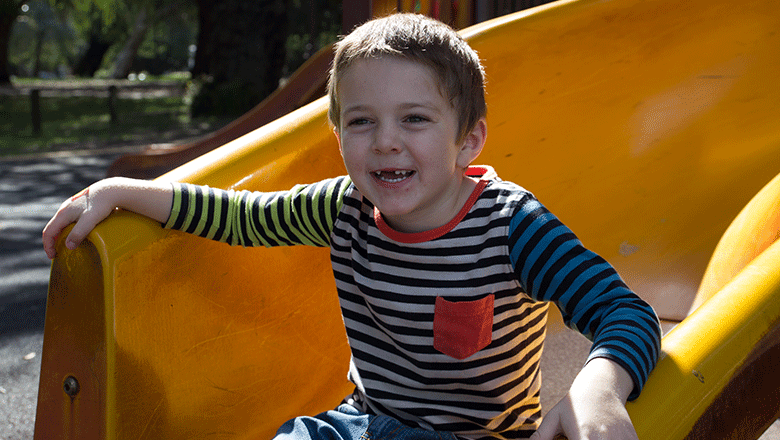
News & Events
Study looks at fish oil as treatment for autismThe Kids Research Institute Australia research has shown nearly 50 per cent of children with autism have tried fish oil supplements, but does it actually improve symptoms?
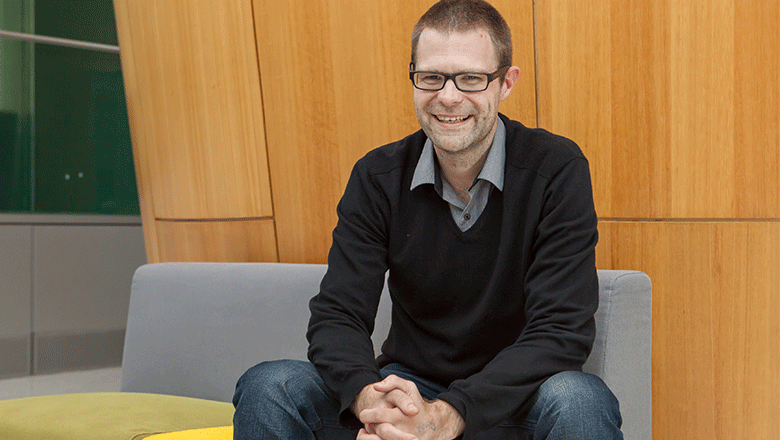
News & Events
Professor Andrew Whitehouse on ABC720Autism researcher Professor Andrew Whitehouse was on 720 ABC Perth yesterday taking questions on child health.
News & Events
An evening for the future of autismJoin Dr Andrew Whitehouse, head of Developmental Disorders research at The Kids, as he shares with you his vision for autism research.
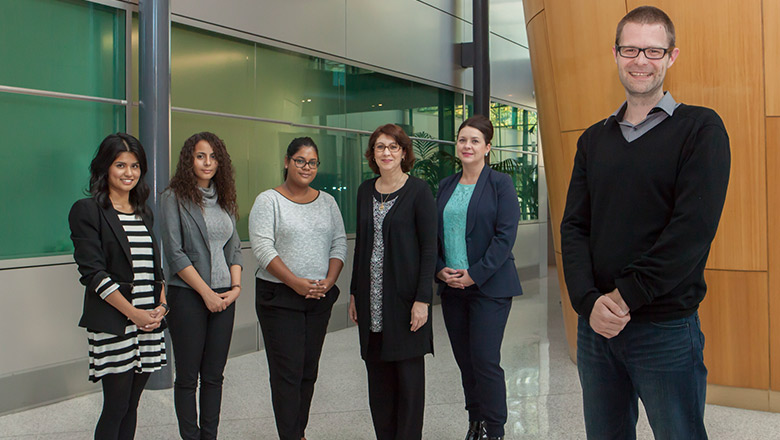
News & Events
Early diagnosis for kids with autismFocussing attention on a child’s first year of life is proving to be a major breakthrough in autism research.
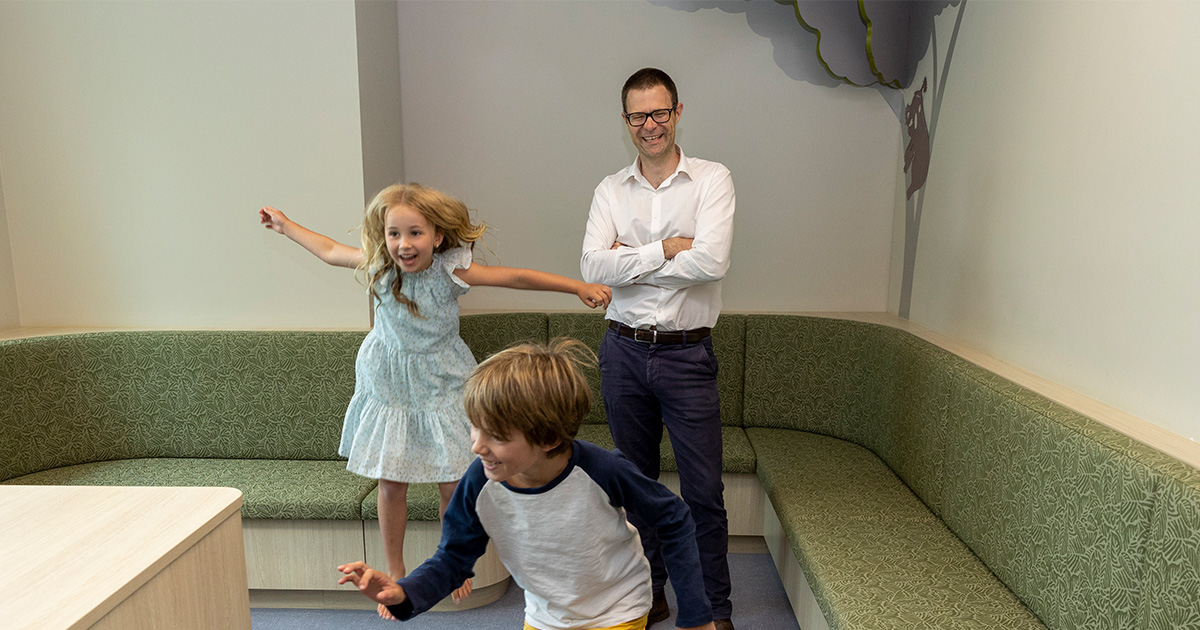
News & Events
News you can use – How you can support your child while you wait for a diagnosisThe Kids Research Institute Australia's Professor Andrew Whitehouse and Sarah Pillar share four things families can do to support their child while waiting to receive an ADHD or autism diagnostic assessment.
Research
AutismCharacterised by varying degrees of difficulties in communication skills and social abilities, one in every 100 individuals will have a diagnosis of an autism spectrum condition. While autism is known to run in families, the exact causes remain unknown.

Australia’s first national guideline for supporting the learning, participation and wellbeing of autistic children and their families.
Research
Characterising Insistence on Sameness and Circumscribed Interests: A Qualitative Study of Parent PerspectivesManifestations of insistence on sameness and circumscribed interests are complex, with individuals varying considerably, not only in the types of behaviours they express, but also in terms of a behaviour's frequency, intensity, trajectory, adaptive benefits, and impacts.
